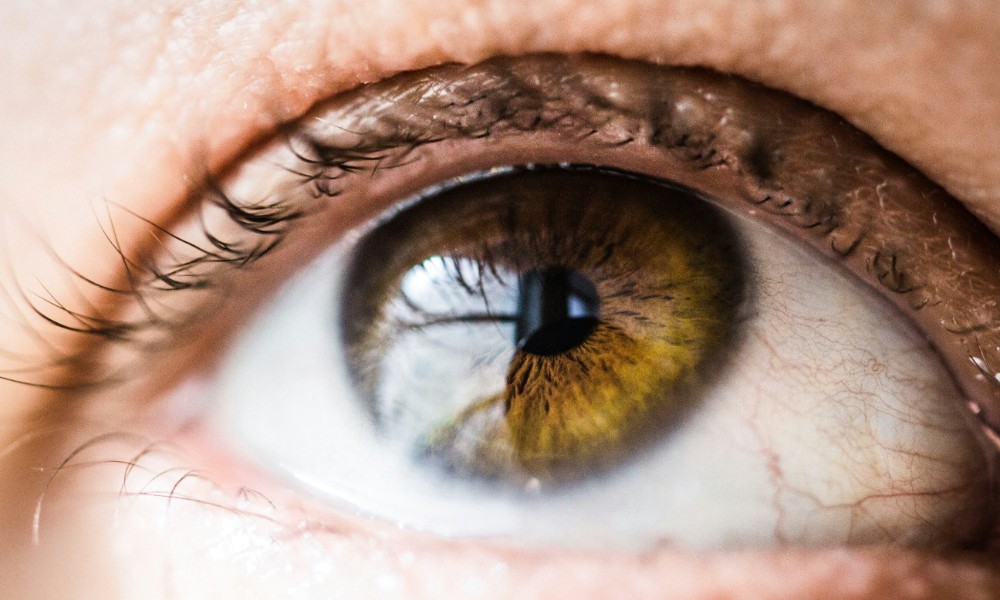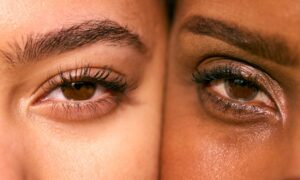In the realm of eye health research, the Age-Related Eye Disease Study 2 (AREDS2) stands out as a pivotal investigation. Initiated to build upon the findings of its predecessor, AREDS, this extensive study aimed to assess the effects of specific nutrients on the progression of age-related macular degeneration (AMD) and cataracts. However, an interesting question arises when delving into the depths of eye health research: did AREDS2 also explore the impacts on dry eye syndrome?
Introduction to AREDS2
Before diving into the specifics, it’s crucial to establish a foundational understanding of AREDS2. The Age-Related Eye Disease Study 2 was a follow-up to the original AREDS research, which had significant implications for individuals at risk of developing advanced age-related macular degeneration (AMD) and cataracts. AREDS2 aimed to evaluate the effects of modifications to the original AREDS supplement formula on these conditions, specifically by adding omega-3 fatty acids (DHA and EPA) and lutein + zeaxanthin, while removing or reducing beta-carotene, due to its associated risk of lung cancer in smokers.
The focus of AREDS2
AREDS2 was meticulously designed to assess the efficacy of these nutritional modifications in preventing the progression of AMD and the development of cataracts. Participants in the study were randomized into groups to receive different combinations of dietary supplements. The primary goal was to discover whether these alterations could provide better protection against these eye diseases compared to the original AREDS formula.
Methodology of AREDS2
The methodology of AREDS2 was comprehensive and rigorous, involving thousands of participants across various sites in the United States. Participants were aged 50 to 85 years, with varying degrees of AMD at the study’s onset. The study employed a double-blind, randomized trial format to ensure the reliability of the results. Over a period of several years, researchers collected data on the progression of AMD and the development of cataracts among participants, analyzing the impact of the dietary supplements.
Findings of AREDS2 regarding AMD and cataracts
The findings of AREDS2 were significant in the field of ophthalmology. The study concluded that the addition of lutein + zeaxanthin and omega-3 fatty acids to the AREDS formula did not significantly reduce the risk of progression to advanced AMD more than the original AREDS formula. However, in secondary analyses, lutein + zeaxanthin showed potential benefits over beta-carotene, especially in reducing the risk of AMD progression in participants with low dietary intake of these nutrients.
Exploration of dry eye syndrome in AREDS2
Given the comprehensive nature of AREDS2, it’s logical to wonder if the study also investigated the effects of the supplement modifications on dry eye syndrome, a common condition characterized by insufficient lubrication and moisture on the eye’s surface. Dry eye syndrome can lead to discomfort, visual disturbances, and even damage to the anterior surface of the eye if left untreated.

Direct investigation into dry eye syndrome
The primary objectives and methodologies of AREDS2 were not explicitly designed to explore the impacts on dry eye syndrome. The study’s focus remained firmly on AMD and cataracts, driven by the hypothesis that nutritional supplements could influence the progression of these specific conditions. As such, direct investigation into dry eye syndrome was not a component of AREDS2’s research protocol.
Indirect implications for dry eye syndrome
However, the nutritional supplements investigated in AREDS2—omega-3 fatty acids, lutein, and zeaxanthin—have been studied in other research contexts for their potential benefits on eye health, including dry eye syndrome. Omega-3 fatty acids, for example, have anti-inflammatory properties that may contribute to improved tear film quality and ocular surface health. Therefore, while AREDS2 did not specifically address dry eye syndrome, the nutrients it focused on are relevant to discussions on managing and understanding this condition.
The broader impact of AREDS2 on eye health research
The significance of AREDS2 extends beyond its primary findings on AMD and cataracts. By providing a deeper understanding of how nutritional supplements affect eye health, AREDS2 has influenced subsequent research directions, including studies focused on dry eye syndrome and other ocular conditions. Its contributions have helped shape guidelines for nutritional supplementation in individuals at risk of AMD and cataracts, highlighting the importance of evidence-based interventions in ophthalmology.
Contributions to understanding nutritional impacts
AREDS2’s exploration of lutein, zeaxanthin, and omega-3 fatty acids has broadened the scientific community’s understanding of how diet and nutrition can influence eye health. This knowledge is invaluable, not only for managing conditions like AMD and cataracts but also for informing potential strategies for preventing or alleviating dry eye syndrome and other ocular diseases.
Looking beyond the horizon
In conclusion, while AREDS2 did not specifically investigate dry eye syndrome, its contributions to the field of eye health are manifold. By examining the role of certain nutrients in the progression of AMD and cataracts, the study has indirectly shed light on potential avenues for exploring the treatment and management of dry eye syndrome. As we move forward, the legacy of AREDS2 continues to influence the direction of eye health research, offering hope and guidance for tackling some of the most common and challenging ocular conditions. As research progresses, it’s clear that the journey to understanding and improving eye health is far from over, with each study offering pieces to the puzzle of comprehensive ocular care.




